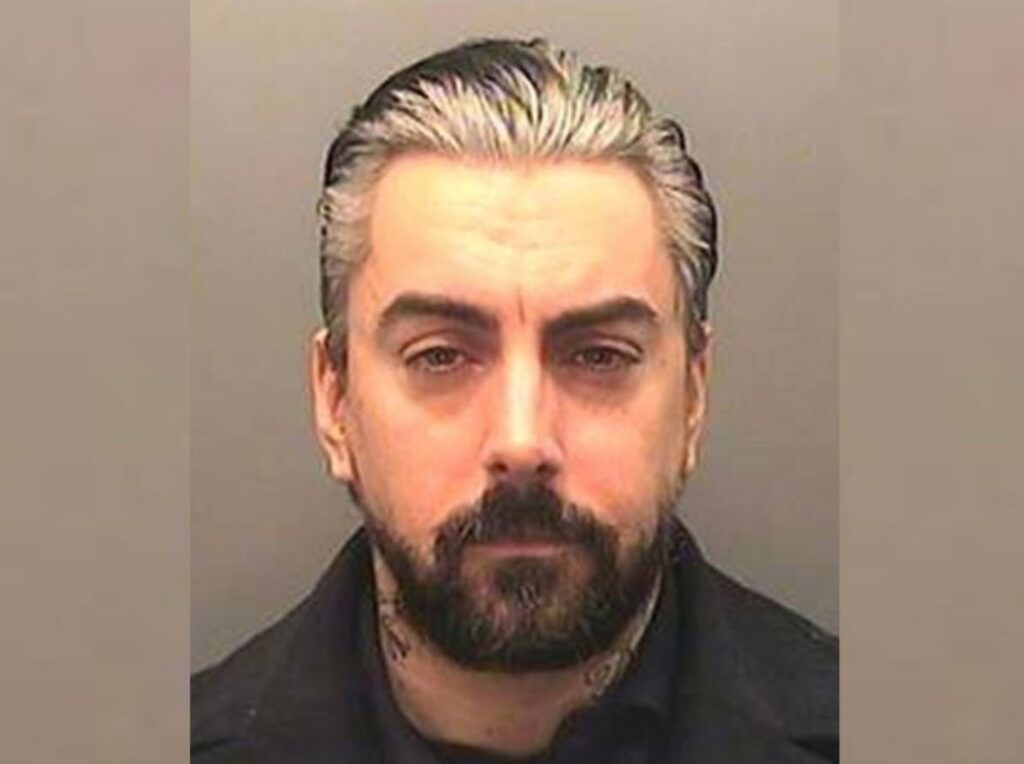Former Lostprophets Singer Ian Watkins Found Dead in Prison After Inmate Attack

Ian Watkins, former frontman of the Welsh rock band Lostprophets, has died following an attack inside Wakefield Prison in the United Kingdom. The incident reportedly took place on the morning of October 11, 2025, when Watkins was assaulted by another inmate while serving a 35-year sentence for multiple child abuse offenses. Emergency responders were called to the scene, but he was pronounced dead shortly after.
Authorities confirmed that the fatal injuries resulted from a stabbing. A prison lockdown was immediately enforced, and investigators have since launched a full inquiry into the circumstances surrounding the attack. Security measures at the facility are being reviewed, as questions arise over how such a high-profile inmate could be targeted inside one of the UK’s most secure prisons.
Watkins, aged 48 at the time of his death, had been one of Britain’s most notorious prisoners. He was convicted in 2013 of attempted rape and sexual assault of a child, as well as multiple charges related to child pornography and abuse. His crimes were described by the presiding judge as “beyond depravity,” and his sentencing marked one of the most severe in modern British criminal history.
This is not the first time violence found him behind bars. In 2023, Watkins survived a violent hostage situation at the same prison, during which he was stabbed multiple times by fellow inmates. Reports from that incident described ongoing tensions within the facility and long-standing animosity toward Watkins because of the nature of his crimes.
At Wakefield Prison, nicknamed “Monster Mansion,” inmates with violent or sexual crime histories are housed under strict supervision. Yet despite the prison’s reputation for tight control, Watkins’ death exposes continued vulnerabilities in the system. Critics are already demanding a comprehensive review of inmate safety and the management of high-risk offenders.
Prison officials have not released further details about the suspect or the weapon used. However, early reports suggest the attack was swift and premeditated. The facility remains under restricted movement while investigators interview prisoners and staff.
Ian Watkins’ descent from rock stardom to infamy remains one of the darkest turns in modern music history. As the frontman of Lostprophets, he once filled arenas with fans across the world. But following his arrest and subsequent conviction, his name became synonymous with betrayal and horror, leading to the immediate collapse of the band.
His former bandmates publicly condemned his actions and disbanded Lostprophets shortly after the charges became public. They later reformed under a new name, seeking to distance themselves completely from Watkins’ crimes and restore their musical careers.
The singer’s violent death reignites long-running debates about justice, punishment, and prison ethics. Some argue that no one, regardless of their crimes, should die violently while in state custody. Others view the incident as grim inevitability in the hierarchy of prison life, where convicted child abusers often become prime targets.
Forensic teams are continuing to process the crime scene while authorities prepare an official autopsy. Early statements indicate Watkins died almost instantly from the wound, leaving little opportunity for medical intervention. His family has been informed, and next-of-kin procedures are underway.
The Ministry of Justice has said that an internal review will follow once the police investigation concludes. Prison staff will also face scrutiny for potential procedural lapses that may have contributed to the killing.
Ian Watkins’ death closes a chapter that began with his meteoric rise in the early 2000s. Once hailed as one of the most charismatic figures in British rock, his later actions destroyed not only his reputation but the lives of countless victims.
His case stands as a disturbing reminder of the abuse of fame and trust — and now, of the brutal realities that can unfold inside the prison system. While his death may mark an end to his personal story, the questions it raises about justice, safety, and morality inside prisons are far from over.





